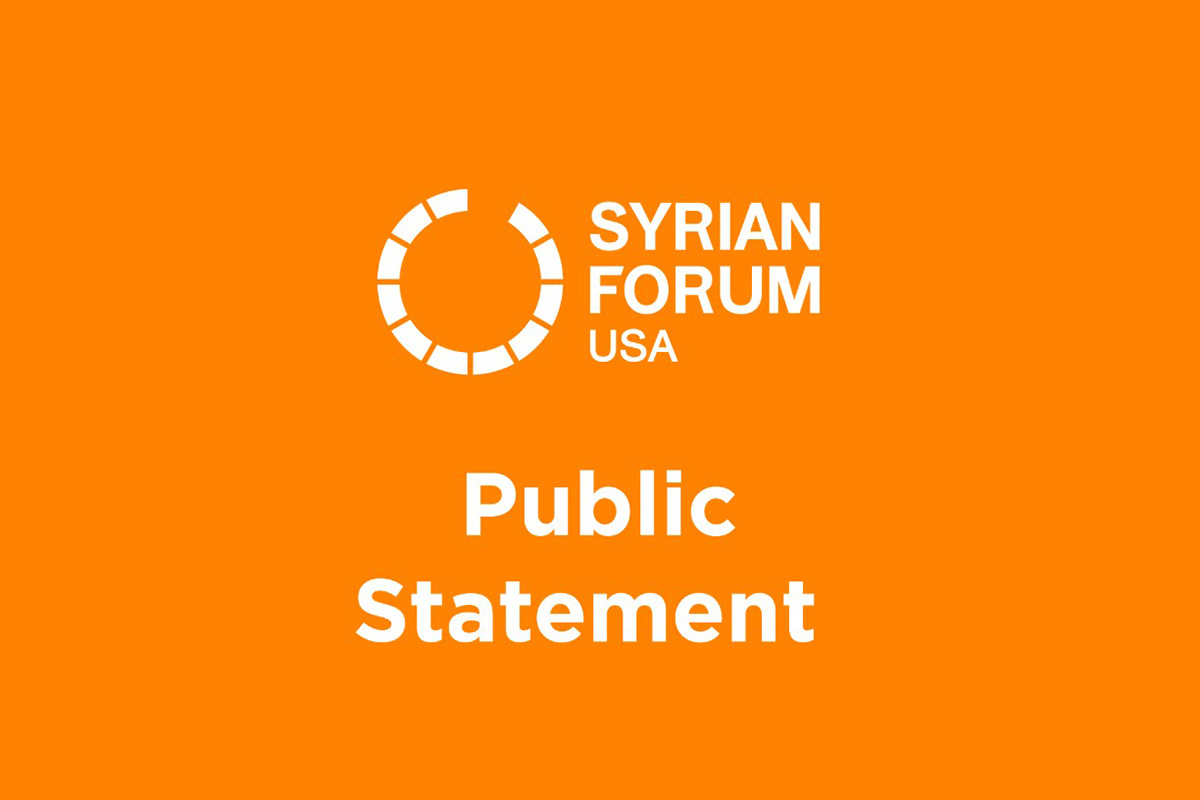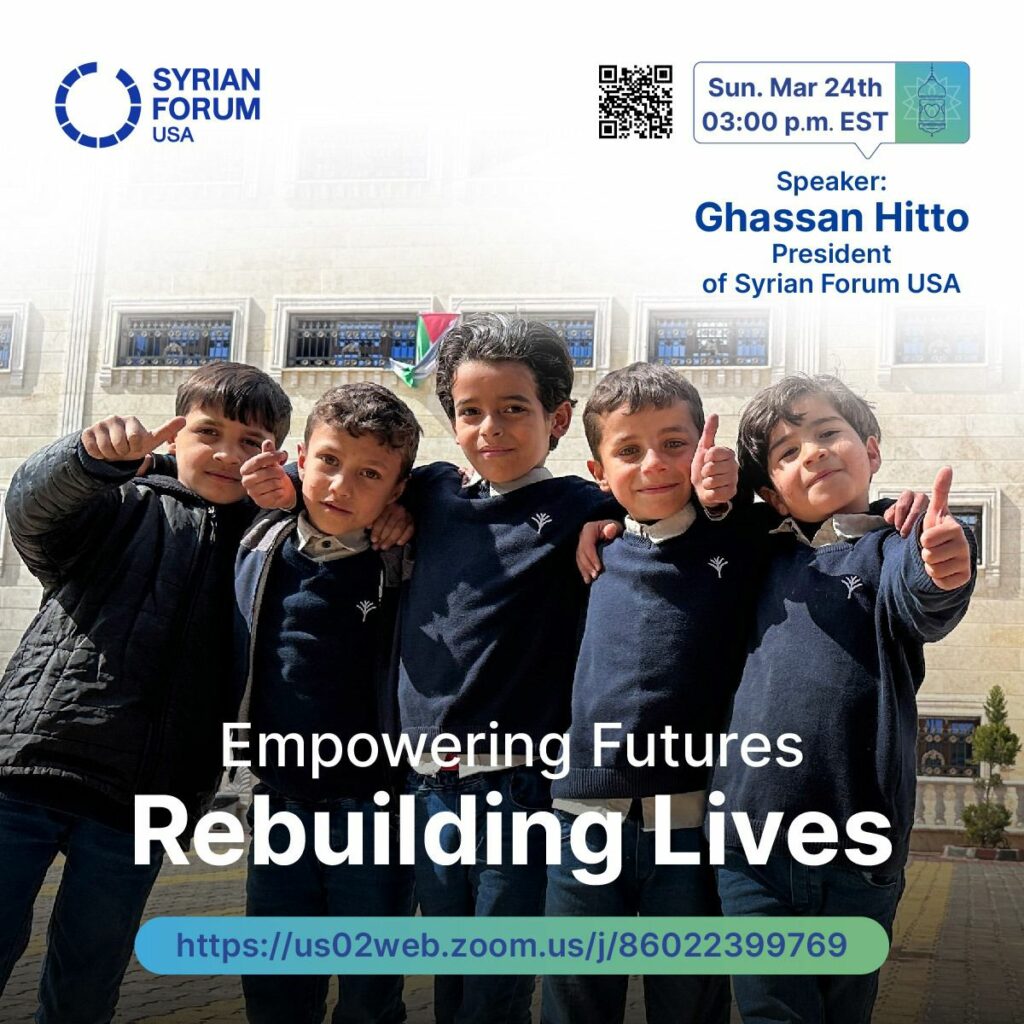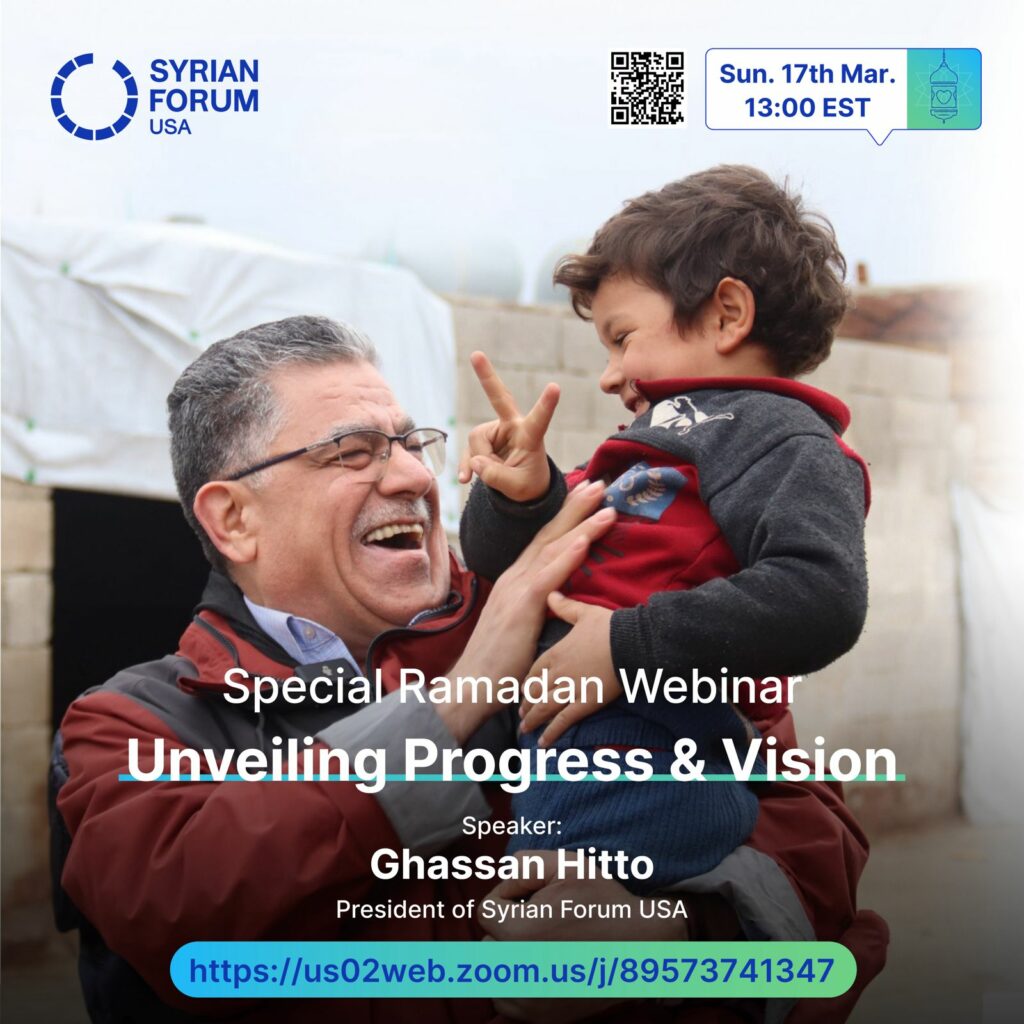Amid the ongoing conflicts in Syria, protecting education from attacks has become more urgent than ever. Today, on the International Day to Protect Education from Attack, the need to highlight the pivotal role of education as a primary barrier against extremism and as a tool for building Syria’s sustainable future is growing. The effects of the war, which has raged for over a decade, have not only resulted in physical and social devastation but have also undermined the fundamental pillars of society, with education at the forefront. Syrian children and youth today face an uncertain future unless their education is secured and they are protected from violence and extremism.
Education in Syria, particularly in the northern regions, faces multiple challenges, including direct attacks on schools, lack of international support, and high dropout rates. UNICEF reports indicate that over 2.4 million Syrian children of school age (between 5 and 17 years) have been deprived of education both inside and outside Syria due to the ongoing conflict. This figure represents nearly 40% of Syrian children in this age group. In northwest Syria alone, the estimated number of school dropouts is about 800,000, a staggering figure that calls for immediate action. Therefore, education must be viewed not only as a means of knowledge transmission but as a fundamental tool to combat extremism and violence targeting children and youth in conflict-affected communities. Education is the constructive alternative through which young people can be guided toward positive pathways that contribute to the development of their communities.
In this context, the state of education in Syria necessitates the establishment of safe and free educational centers in northern Syria, providing a nurturing educational environment for children and youth, away from the threat of violence and attacks. These centers are not merely a fundamental right for every child; they are the path to offering these children equal opportunities to develop their skills and build their futures, particularly given the ongoing collapse of Syria’s educational infrastructure.
Education is the most important investment in Syria’s future. If the rising generation is given quality and continuous education, they will become the driving force for rebuilding and developing Syrian society. The children and youth receiving comprehensive education today will lead the future and be capable of promoting peace and sustainable development. Therefore, investing in education must be a priority for the international community and relevant organizations.
Education not only provides job opportunities and economic development but also plays a crucial role in achieving social stability. Through education, young people’s abilities to think critically and address challenges constructively and positively are developed. It thus enhances social cohesion and reduces tensions between different social groups. In a divided society like Syria, education can be the tool that unites people and rebuilds trust among them.
Furthermore, any successful development policy must be founded on education. Whether these policies are related to humanitarian aid or early recovery programs, education remains the backbone upon which any society is built. In this context, the model schools of the Syrian Forum are working on developing an educational model based on a comprehensive triad: the child, the school, and the teacher. This model does not merely provide educational content but also includes supporting and training teachers, offering psychological and social support to children, and creating an inspiring educational environment that encourages students to think critically and build strong, active leadership skills within the community.
In addition to the role of schools and teachers, the role of the family in supporting education must be highlighted. Syrian families, suffering from the effects of war and poverty, bear a significant responsibility in encouraging their children to continue their education. Therefore, educational support policies must provide comprehensive assistance to families, whether through financial aid or supportive environments that enable children to focus on their studies. Education is not only the responsibility of the school but is a shared societal responsibility between the family and civil society.
On the other hand, it is impossible to discuss protecting education without mentioning the significant role played by Syrian civil society. Given the high dropout rates from schools in northern Syria, civil society must work alongside international and local efforts to ensure the continuation of education. Civil society has a historic role in providing financial, technical, and moral support to Syrian families who cannot afford the cost of education. Additionally, providing children with books and educational materials, and building more schools, must be a fundamental part of efforts to protect and sustain education.
Vocational education is an integral part of this effort. Given Syria’s difficult economic situation, focus should be placed on developing vocational education programs that enable young people to acquire practical skills that contribute to enhancing social and economic stability. Vocational education can provide job opportunities for youth and reduce unemployment rates, thus contributing to economic independence and reducing social tensions.
Education should not be viewed as merely part of the emergency humanitarian response but should be treated as a tool for development and empowerment. Education begins with empowering individuals and ends with building a cohesive society capable of protecting itself and developing its future. Therefore, donor countries must allocate a substantial portion of their aid to support education in Syria, regardless of the nature of the response, whether emergency-related or tied to stability and early recovery efforts.
It is unfortunate that education is often considered a non-urgent need compared to food and medicine in humanitarian responses. However, neglecting education leads to catastrophic long-term consequences, as young people deprived of education become more vulnerable to extremism and joining extremist groups. Education is the most effective alternative, and through it, a generation capable of overcoming present challenges and contributing to a brighter future can be built.
Education must be at the forefront of any developmental or humanitarian efforts in Syria. It must be the foundation upon which peace and stability are built, and the most important tool in combating extremism and violence. Education is not just an investment in future generations but an investment in the future of Syria as a whole.
Ghassan Hitto
CEO, Syrian Forum








